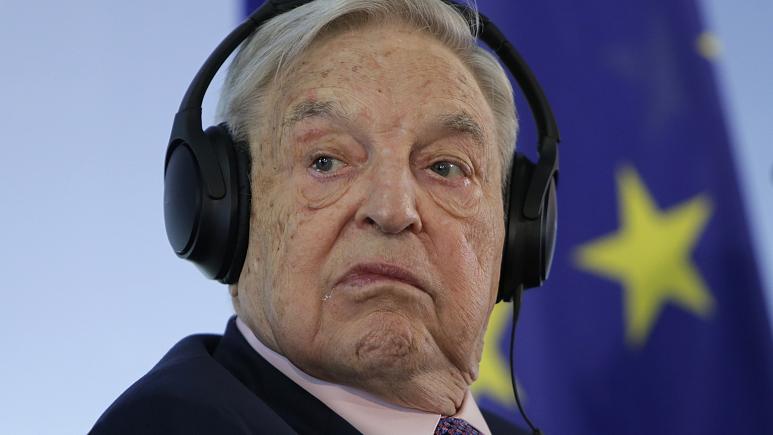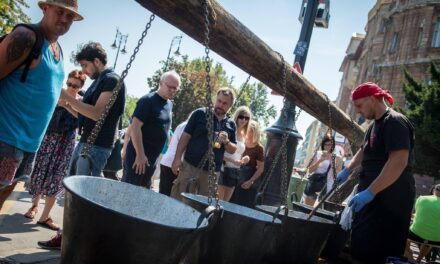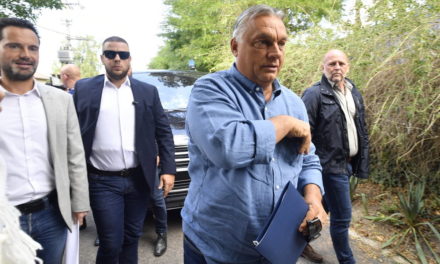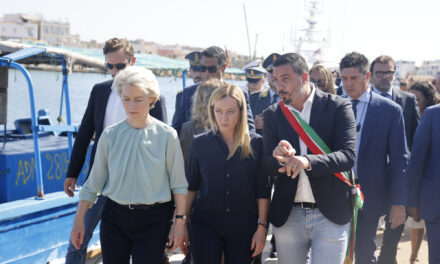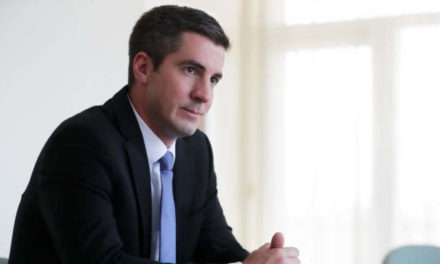The latest analysis of Századvég examines the subsidies granted to civil organizations with a significant influence on public life and public debate. NGOs linked to George Soros were also rich in foreign funds in 2020.
The investigation provides a detailed overview of the various incomes received from abroad by NGOs officially registered as human rights organizations in the international and domestic public, the Society for Freedoms (TASZ) and the Helsinki Committee.
Regarding TASZ, it can be stated that between 2016 and 2020, the Open Society Institute (OSI), which belongs to the network of György Soros Open Society Foundations, contributed a total of 287 million to its activities. The Foundation Open Society Institute, which is connected to an American-Hungarian businessman who actively contributed to the creation of a social model based on a liberal ideology, supported the Helsinki Committee with more than HUF 147 million in the last two years, and this represents a third of the total support received during this period, almost HUF 468 million . Looking at the leadership of other supporters, it can be seen that the Open Society Institute is intertwined with them, as we can find more than one personal overlap.
Both organizations have a long history, as the TASZ was founded in 1994, and the Helsinki Committee even earlier, in 1989, to provide professional rights protection activities. Both organizations have in common that, in addition to the fact that both organizations carry out their activities in a manner worthy of democracies, to this day, they also clearly carry out political activities and appear as actors in the debates taking place in public life. The analysis provides several examples of this: TASZ openly called on the Hungarian electorate in January of this year – following the adoption of an opposition motion to this effect – to vote invalidly in the child protection referendum held at the same time as the parliamentary election, describing the referendum as ostracizing and particularly vile.
In addition to its media appearances - the number of Hungarians was extremely significant, 1,032, and the number of foreigners, 185, could not be said to be negligible - the Helsinki Committee takes strategic litigation against the Hungarian government. This means that they are trying to achieve a systemic change in the legislative environment by taking unique but far-reaching legal cases, primarily in the field of irregular migration, to international courts. In addition, however, they also make their voices heard - or openly cooperate - in important political matters, taking a stand against the government, such as the report discussing objections to the rule of law raised against Hungary, or the procedure according to the so-called Article 7.
It can therefore be said that these organizations are neither politically, ideologically, nor financially independent. Based on all of this - especially due to what happened in the election campaign - it can be concluded that certain financial circles, through the activities of these organizations, wanted to influence the result of the April 3 election and referendum. They were able to do this because, according to Hungarian regulations, political parties cannot accept financial support from abroad, but at the same time, it is possible for non-governmental bodies to channel foreign (for example, foundation) money.
Source: Magyar Hírlap
Image: MTI/AP

